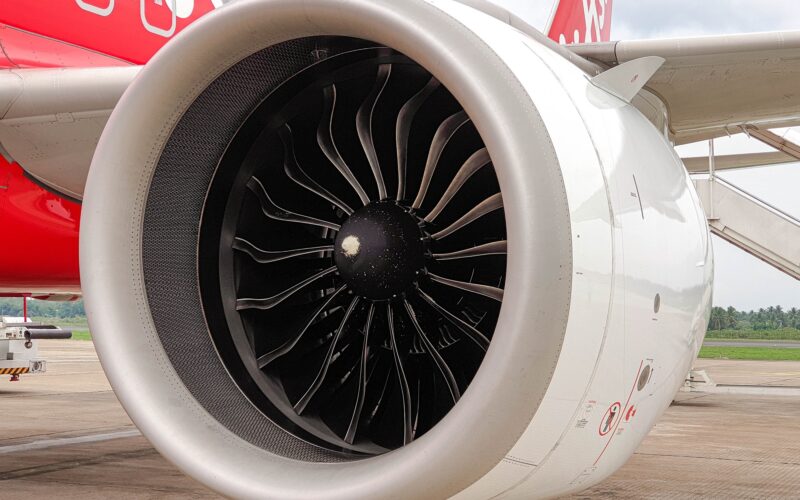Safran Delivers Inaugural A320neo Propulsion Systems Manufactured in China

Safran Nacelles has delivered the first LEAP 1-A propulsion systems, namely engines and nacelles, to Airbus from its new site in Tianjin, China.
Safran delivered LEAP 1-A engines and nacelles, one of the two engine options available for use on A320neo family aircraft, from its Chinese facility on May 31, 2023.
According to the French company, which has a total of four nacelle integration sites across the world, the delivery “embodies Safran’s desire to be as close as possible to its aircraft manufacturer customers, to support the growth of the Chinese market”.
The company went on to explain that the Tianjin site includes the assembly of engine equipment or Engine Build Up (EBU), nacelle components, namely air inlet, engine cowl, thrust reverse, and exhaust nozzle integration on the A320neo engines. Further processes include painting, buy-off by Airbus and the airlines, then delivery to Airbus’ Final Assembly Line (FAL) and support for on-wing integration.
From 2024, Safran expects to deliver 90 propulsion systems annually, with between 15 and 20 employees working at the facility.
“This new plant is a showcase of Safran Nacelles’ know-how in the integration of propulsion systems. It benefits from best practices of our network of integration sites, both in terms of industrial organisation and skills,” said Vincent Caro, the chief executive officer (CEO) of Safran Nacelles.
The LEAP 1-A, much like its family brothers LEAP 1-B and LEAP 1-C, is used on the Boeing 737 MAX and COMAC C919 aircraft and is built by CFM International, a 50/50 joint venture between Safran and General Electric (GE).
Safran Nacelles is also located in Toulouse, France, Hamburg, Germany, and Mobile, Alabama, United States (US), where Airbus’ A320neo aircraft family Final Assembly Line (FALs) facilities are also located.
In April 2023, Airbus announced that it would be expanding its Tianjin facility with another A320neo aircraft family FAL with the aim of being operational by the end of 2025.
“The second line at the Tianjin FAL creates more flexibility in a fragile ecosystem and meets the needs of the market, to reach a global A320 Family production rate of 75 in 2026,” an Airbus spokesperson told AeroTime in a statement issued at the time.
